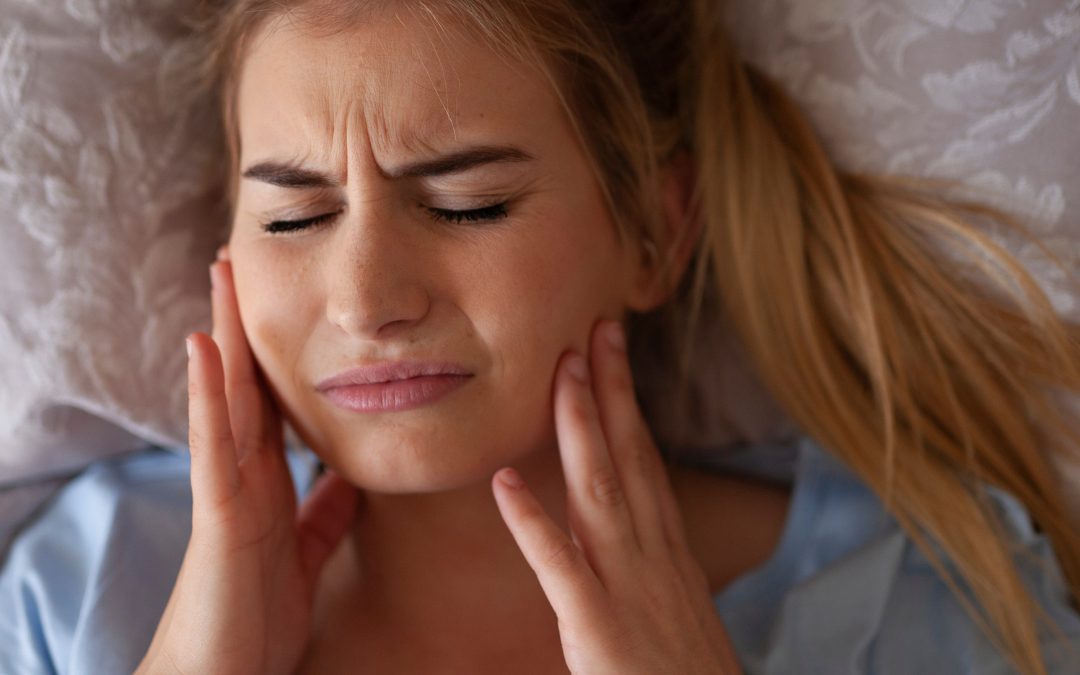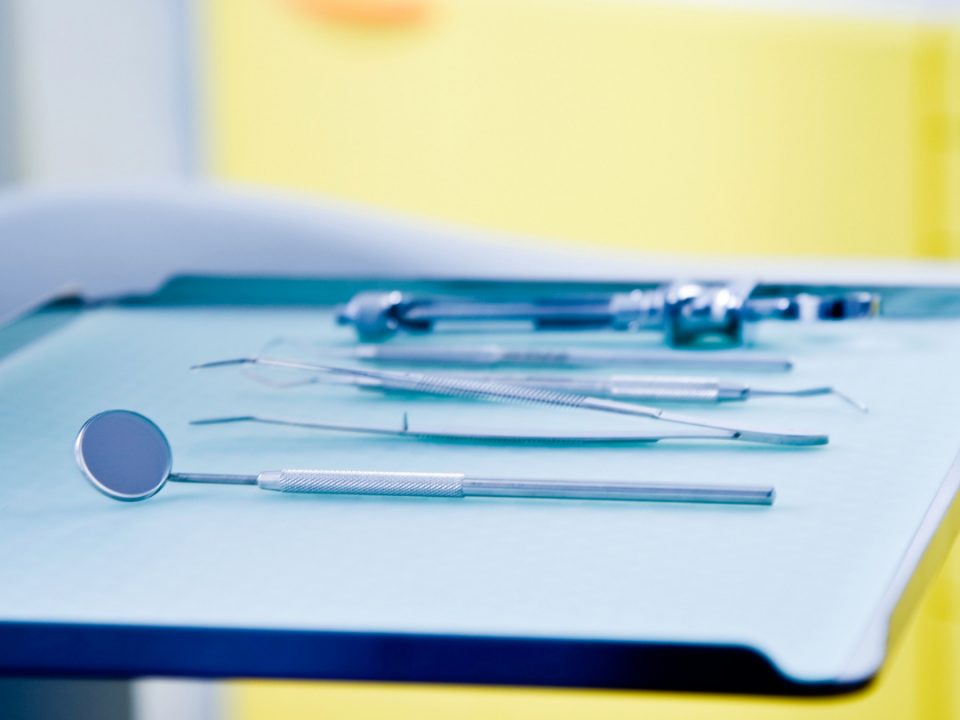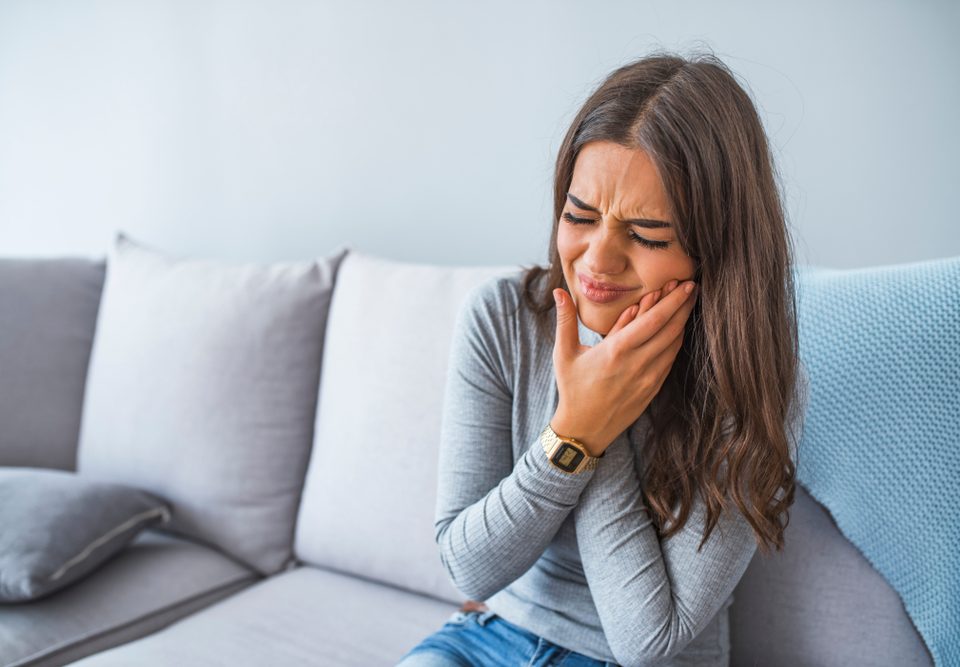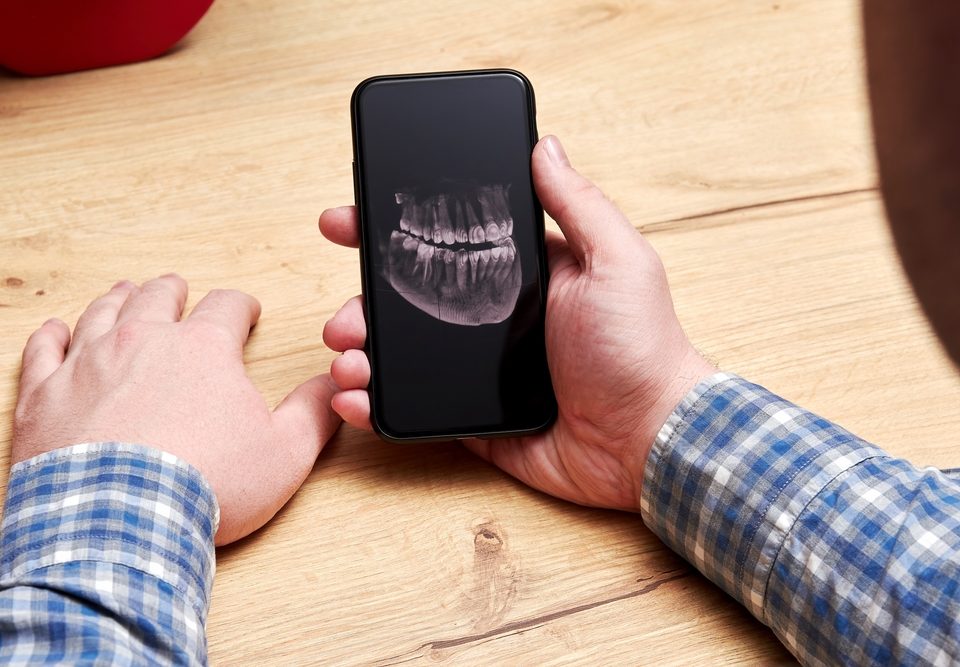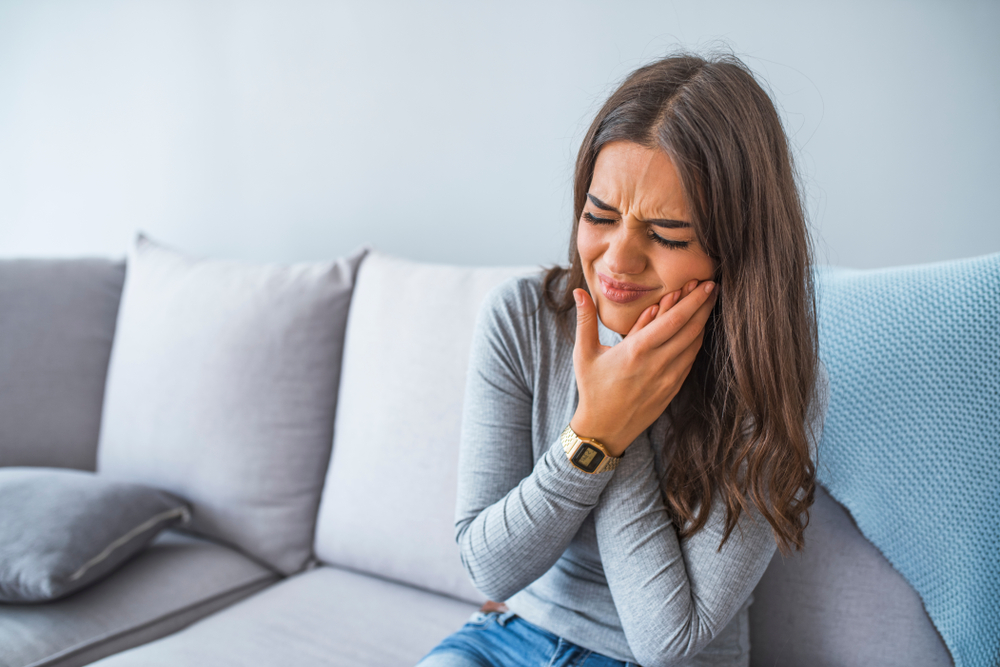
What are the Implications of Infected Teeth on My Oral Health and Wellbeing?
November 20, 2021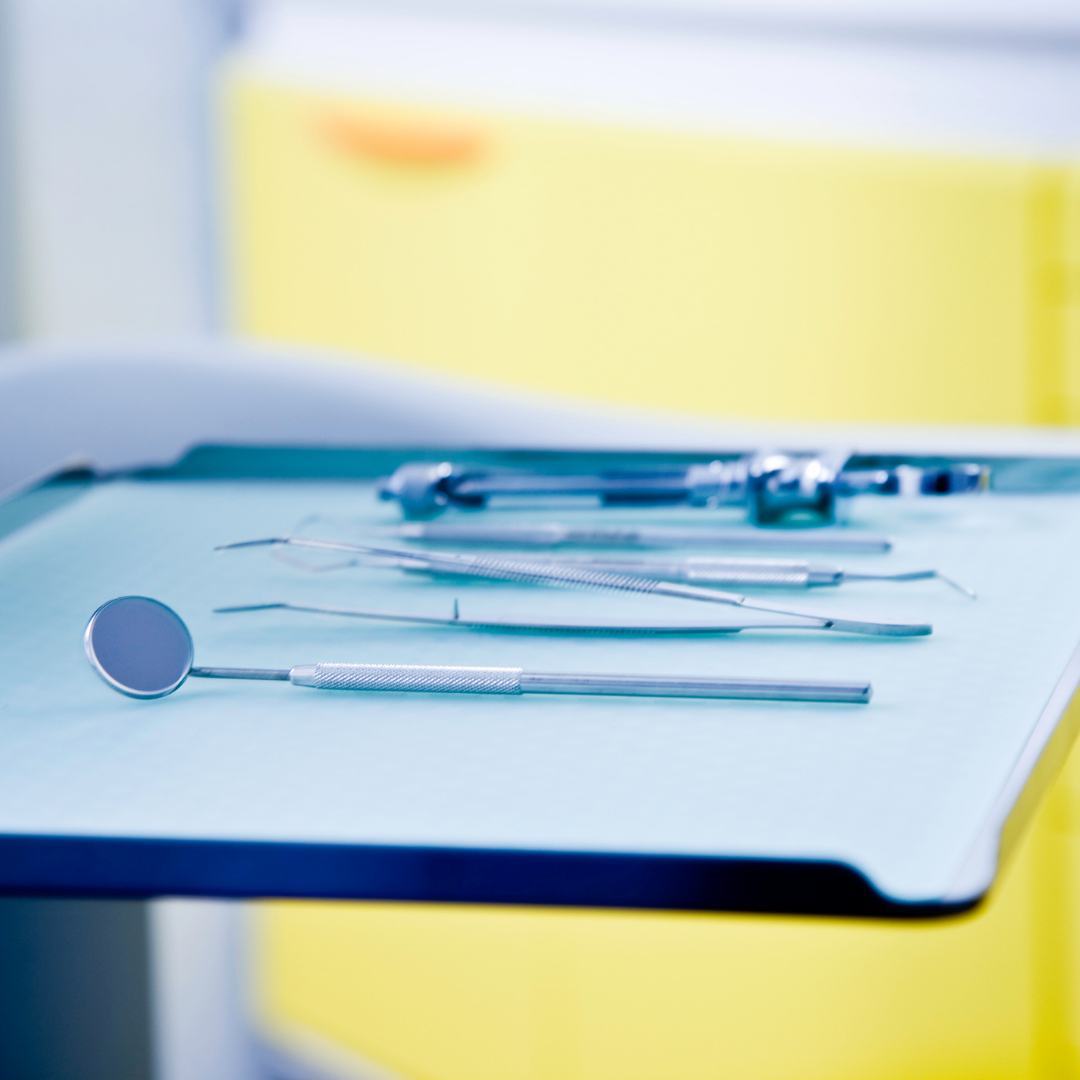
FAQs About Sedation Dentistry
May 24, 2022What Causes Your Jaw to Click?
The body makes all sorts of noises. While embarrassing and annoying, some sounds are normal, but others are a sign of a problem. If your jaw produces a clicking or popping sound every time you yawn, chew, or talk, you should take time to figure out the cause and get treatment if needed.
Jaw Clicking and the Temporomandibular Joint
The temporomandibular joint (TMJ) is a small and delicate joint located next to each of your ears. It connects your jaw to your skull and lets you move your jaw up and down, back and front, and side to side. This joint allows the range of motion needed to chew, talk, and yawn. Fascial muscles control these movements and a cartilage disc within the joint socket absorbs pressure and prevents damage.
Jaw clicking is caused by a dysfunction of the TMJ – a condition known as temporomandibular disorder (TMD). TMD has a variety of potential causes. Your doctor will evaluate your jaw structure and listen to the clicking sound to determine the actual cause. X-rays and scans can provide detailed information about what’s going on.
Top 3 Reasons Your Jaw May Click
Arthritis
Arthritis refers to inflammation that affects the way joints move. The same problem that makes elbows pop and knees creak can also affect the jaw joints. Both osteoarthritis (OA) and rheumatoid arthritis (RA) can affect the jaw by damaging the cartilage of the temporomandibular joint. Loss of the TMJ cartilage makes jaw movements difficult because of a lack of absorption in the joint socket every time the jaw moves.
If you have arthritis causing your jaw to click, you might experience:
- Joint pain and stiffness
- Reduced range of motion
- Swelling or inflammation
- Fatigue
- Appetite loss
- Anemia
There’s no cure for arthritis, but long-term treatment can help relieve arthritic symptoms.
Jaw Injury or Infection
A broken or dislocated jaw can cause jaw clicking. This happens when the joint of the jaw becomes unhinged as a result of:
- sporting accident
- road traffic collision
- physical assault
- a trip, slip, or fall
Seek medical attention immediately if the clicking is accompanied by bruising, swelling, pain, or bleeding.
In some cases, jaw clicking is a result of an infection of the glands of the mouth, which can be caused by many issues, including untreated dental cavities. Oral infection can cause jaw clicking, as well as other symptoms such as inflammation of the face and neck, dry mouth, pus in the mouth, facial pain, and foul taste.
Grinding
Tooth grinding is a major factor in the development of temporomandibular disorders. Some people grind and clench their teeth when under stress. Others do it unconsciously as they sleep. Clenching and grinding create irregular wear patterns on the surface of the teeth and also tighten the facial muscles around the joint. Straining these muscles due to extreme, long-term jaw movements might damage the balance required to keep the jaw working in sync. In extreme cases, the jaw may lock, making it difficult to open your mouth wide.
Treatment for Jaw Clicking
The cause of jaw clicking is not always clear-cut. It takes a medical professional to determine the actual cause and design a treatment plan. Your doctor may suggest some remedies to help relieve jaw clicking, including:
- Eating soft food
- Avoiding extreme jaw movements
- Applying heat or ice packs
- Keeping your teeth slightly apart
- Learning relaxation techniques
- Taking medication for pain or swelling
- Performing muscle stretching and relaxing exercises
- Using a splint or dental guard to reduce teeth grinding or clenching
- Dental work to correct a bite problem and balance the biting surfaces of teeth
One Final Note
If the listed remedies don’t help you, your doctor may suggest trigger-point injections, laser therapy, or radio wave therapy. As a last resort, your doctor may recommend surgery to reconstruct your jaw. It is important to address the underlying cause of jaw clicking early enough to prevent the condition from worsening or causing other complications.

